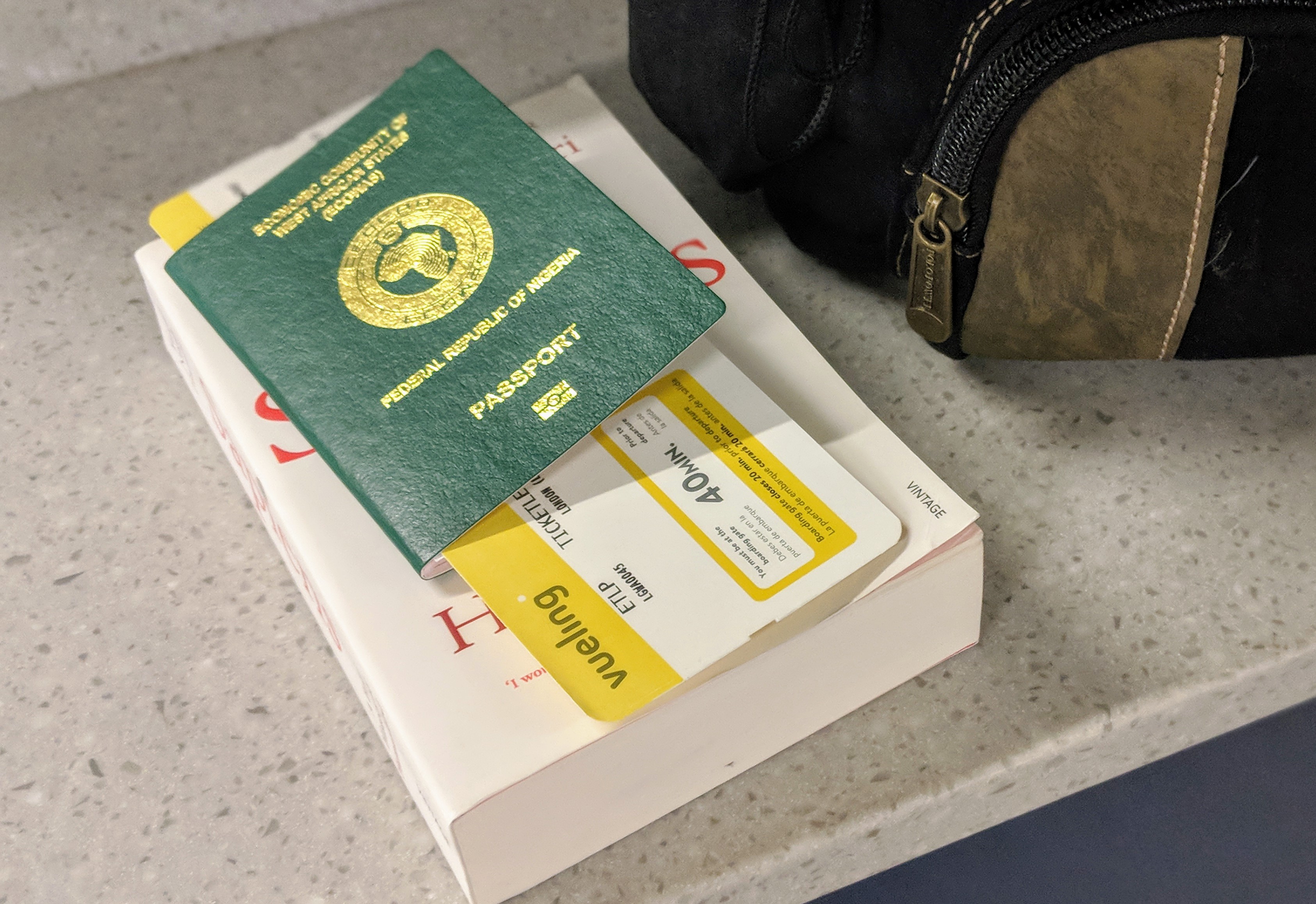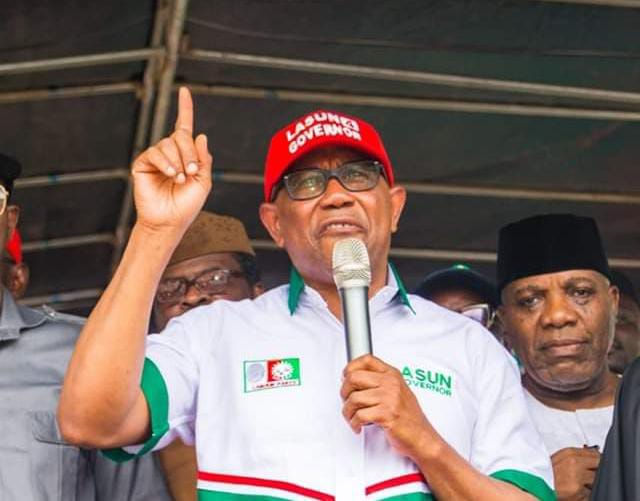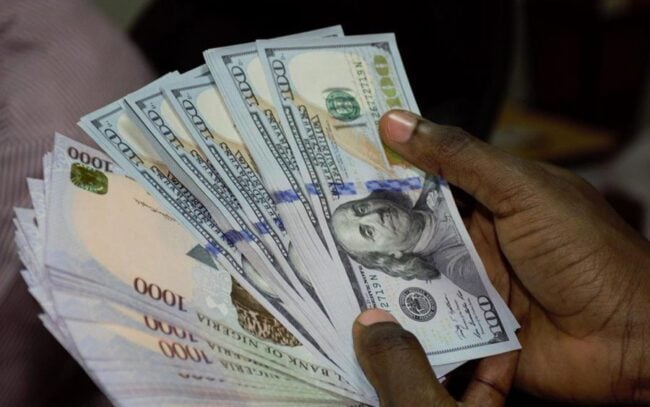With the withdrawal of presidential/ministerial consent that approved the purchase of shares of Mobil Producing Nigeria Unlimited by Seplat Energy Offshores Limited, a fully owned subsidiary of Seplat Energy Plc, President Muhammadu Buhari has again lived up to his reputation as a man who is not afraid to do the right thing even when a mistake has been made. The president has proven yet again that Nigeria is a country that gives life to its own law in spirit and in letters.
Early this year, the news broke that Seplat Energy Offshore Limited sealed a $1.3 billion deal to acquire Mobil’s shares in its shallow water joint venture assets. Soon, the news threw up different controversies on the propriety and otherwise of the transaction. The first spanner thrown into the deal came from the Nigerian National Petroleum Corporation (NNPC). NNPC opposed the transaction because the assets are JV between Mobil and NNPC. NNPC predicated its objection to the deal on the right of first refusal. With the new NNPC Limited as a state-owned commercial entity, the company wants to acquire the assets to boost its own position as a viable industry player in the league of Saudi Aramco.
In what appeared to be a major victory for Seplat after months of waiting, President Buhari who doubles as the minister of petroleum, on August 8, 2022, reportedly gave the nod to the Mobil-Seplat deal. The decision was made public via a press statement signed by his special adviser on media and publicity, Femi Adesina. The statement says President Buhari signed off the deal because of his commitment to driving investments in the oil and gas sector under the petroleum industry act. The statement reads in full:
“In his capacity as Minister of Petroleum Resources, and in consonance with the country’s drive for Foreign Direct Investment in the energy sector, President Muhammadu Buhari has consented to the acquisition of Exxon Mobil shares in the United States of America by Seplat Energy Offshore Limited.
Advertisement
Exxon Mobil had entered into a landmark Sale and Purchase Agreement with Seplat Energy to acquire the entire share capital of Mobil Producing Nigeria Unlimited from Exxon Mobil Corporation, Mobil Development Nigeria Inc, and Mobil Exploration Nigeria Inc, both registered in Delaware, USA.
Considering the extensive benefits of the transaction to the Nigerian Energy sector and the larger economy, President Buhari has given Ministerial Consent to the deal.
The President, in commitment to investment drive in light of the Petroleum Industry Act, granted consent to the Share Sales Agreement, as requested by the parties to the transaction, and directed that the approval be conveyed to all the parties involved.
Advertisement
Exxon Mobil/Seplat are expected to carry out operatorship of all the oil mining licenses in the related shallow water assets towards production optimization to support Nigeria’s OPEC quota in the short term as well as ensure accelerated development and monetization of the gas resources in the assets for the Nigerian economy.
President Buhari also directed that all environmental and abandonment liabilities be adequately mitigated by Exxon Mobil and Seplat.”
However, in a surprise move that shocked bookmakers and stunned entrenched interests, chief executive of the Nigerian Upstream Petroleum Regulatory Commission (NUPRC), Gbenga Komolafe, said that the initial ministerial refusal of consent to the assignment conveyed to Mobil on the Seplat-Mobil deal stands despite Seplat’s swift amplification of the reported presidential consent, adding that the provisions of the petroleum industry act (PIA) 2021, conferred on his commission powers of sole regulator of the upstream sub-sector of the industry.
“As it were, the issue at stake is purely a regulatory matter and the commission had earlier communicated the decline of ministerial assent to ExxonMobil in this regard. As such, the commission further affirms that the status quo remains. The commission is committed to ensuring a predictable and conducive regulatory environment at all times in the Nigerian upstream sector.
Advertisement
“Let me just put it simply, as a commission, we work strictly in line with the position of the law, and basically we don’t react on the basis of news making the rounds, but we work strictly in line with the law. And by virtue of the provisions of the petroleum industry act, under section 95, subsection 10, 14 and 15, the commission’s powers in this regard are clearly stated.
“So, regarding the issue, my clarification will just be an affirmation that the position of the commission stands in respect of the decline of the assets (sale), without prejudice to any other position.
“So, the position of the commission as the authority involved in the regulation of the upstream, which had earlier been communicated to Mobil, stands. As far as the commission is concerned, nothing has changed. The status quo remains as far as we are concerned,” the NUPRC chief executive, said in Thisday Newspaper published on August 9, 2022.
The insistence of NUPRC that the deal cannot sail through created confusion and set tongues wagging. Some industry players opined that the confusion around this transaction is not good for the image of Nigeria and for business. In apparent response to the issues raised around the uncertainties, the presidency finally succumbed to the sanctity of the regulatory powers of the Nigerian Upstream Petroleum Regulatory Commission (NUPRC).
Advertisement
Garba Shehu, a presidential spokesperson in a statement to the media, acknowledged that the lack of coordination among agencies of government responsible for advising President Buhari caused avoidable chaos.
“It has become clear that the various agencies involved in decision had not coordinated well among themselves and having looked at all of the facts with all of the ramifications, the president decided the position of the regulator is to be supported,” Garba Shehu told the media on Wednesday, August 10, 2022.
Advertisement
Some industry sources have revealed that the whole shenanigans around the Seplat-Mobil transaction were motivated by the pecuniary interests of some politicians in government.
While President Buhari has put the transaction in the cooler in deference to the regulatory sanctity of NUPRC, those up in arms against the regulator argued that NUPRC is misinterpreting and misapplying its powers under the PIA in respect to the Seplat-Mobil deal. However, it should be said without any ambiguity that it is a dubious argument by those peddling it when they say PIA does not apply to the share purchase deal by Seplat. It is unconscionable for anyone to say that the deal is governed by the petroleum act and not PIA. From the day President Buhari appended his signature on the PIB to become an act, every law governing the oil and gas industry became subject to the PIA, and the petroleum act’s validity is to the extent that such validity is preserved by the PIA.
Advertisement
Industry watchers note that there is a difference between substantive law applicable to contracts and procedural or administrative requirements, and even while the PIA preserves the petroleum act for oil mining licenses and leases that have not been converted, procedural and administrative matters become subject to the PIA and not to the petroleum act. We have heard severally in the news media that the PIA grandfathered the petroleum act, preserving their application for OMLs and OPLs until conversion.
Notable also is that section 311 of the PIA states clearly that: “Any act, subsidiary legislation or regulation, guideline, directive and order made pursuant to any principal legislation repealed or amended by this act, shall, in so far as it is not inconsistent with this act, continue in force mutatis mutandis as if they had been issued by the commission or authority under this act until revoked or replaced by an amendment to this act or by subsidiary legislation made under this act and shall be deemed for all purposes to have been made under this act”.
Advertisement
Thus, the only extant and subsisting law now is the PIA and other laws retained have been subsumed into it and are deemed to have been made under it only to the extent that they are not in conflict with it.
Contrary to the assumptions and conclusions of those defending Seplat, there is no other law in force in the oil and gas sector today that supersedes the PIA (save to the extent that the PIA afforded those laws priority in certain instances). Section 95 of the PIA makes it abundantly clear that it is the responsibility of the NUPRC to make recommendations to the minister of petroleum (in this case, the president) on assignments of upstream oil and gas assets.
In a world that is focused on energy transition, this is the time for all hands to be on deck so Nigeria as a country can maximize its oil and gas assets before fossil fuel becomes useless. PIA was designed as historic legislation to unlock investments and attract more global capital into the oil and gas sector. It is too early in the life of PIA to be seeing embarrassing policy and operational dissonance from those entrusted to guide the execution of the law for the benefit of Nigerians.
After 20 years of waiting for the PIA, local and international industry players will not want to see the law being compromised. The PIA must be allowed to perform. It is asymmetrical to common sense to blame the NUPRC for doing the job for which it has been established. National interest is situated in national laws and no country acts in its national interest by allowing its laws, rules and regulations to be trampled upon. We need courageous and upright regulators who uphold the law and apply it without fear or favour. The Nigerian upstream sector must not be pushed back again to the era where laws only function in reverse order and opacity was the order of the day.
Ajayi, a public affairs analyst and a company executive, writes from Lagos
Views expressed by contributors are strictly personal and not of TheCable.
Add a comment







